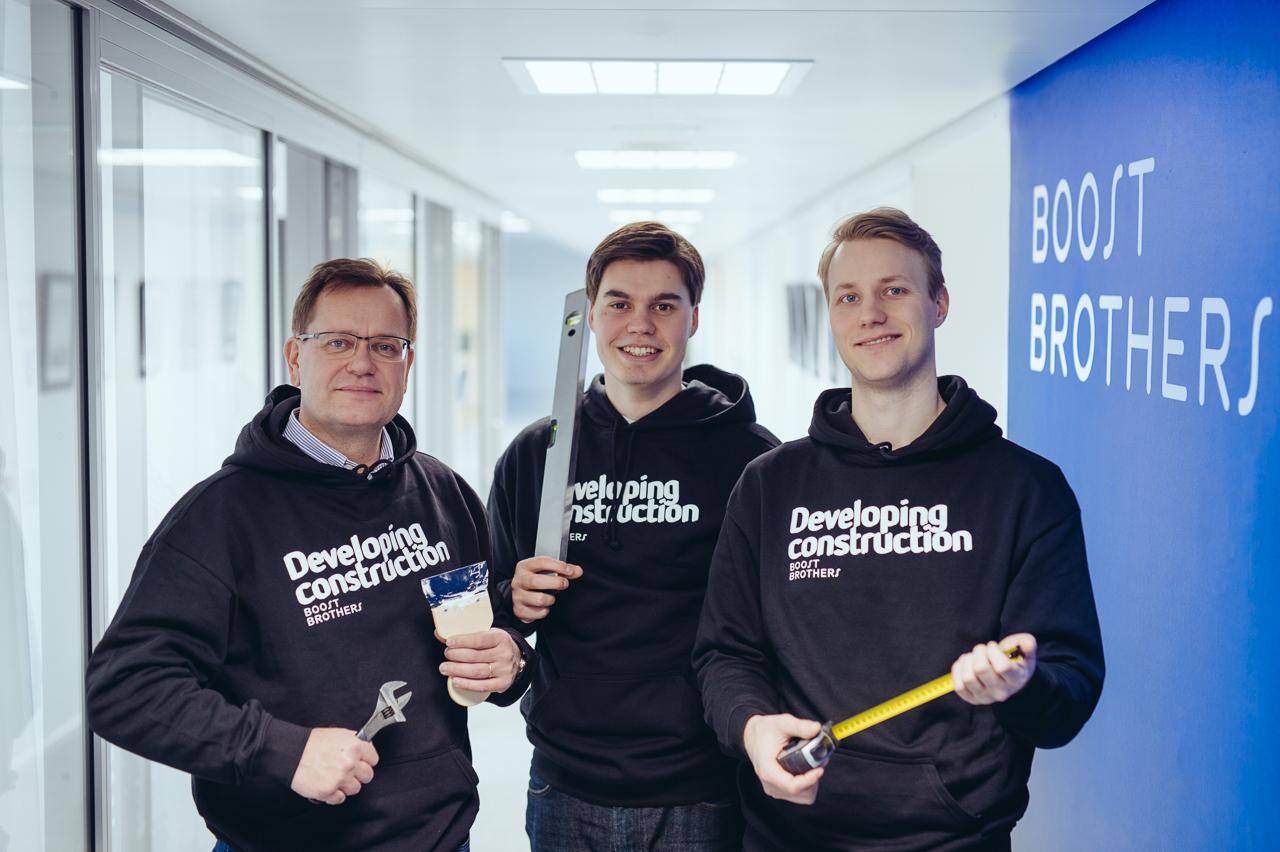Early in November, Boost Brothers took part in an event hosted by RAKLI discussing the forthcoming informational brochures, containing general instructions, regulations and quality standards of the Alliance-project delivery method.
To facilitate the co-operation and communications within the construction sector, different project delivery methods are under constant development. The event started off by Juhani Karhu from A-Insinöörit Rakennuttaminen Oy presenting the forthcoming instructional brochures on the alliance -project delivery method. After this, the COO of Boost Brothers, Matti Sivunen, along with Yrjänä Haahtela and Eero Kiljunen of Haahtela Rakennuttaminen Oy discussed their views on the best practices in alliance-method projects and co-operation and communications within the construction sector in general. At the end of the event, the head of RAKLI’s construction management committee, Matti Kruus, summarized the main contributions of the talks, and shared a few personal experiences related to the topic.
According to Kari Vornanen of Boost Brothers, the emerging co-operational models create a positive environment for the younger employees of the construction sector to develop in.
”While the specialists of the construction sector are getting older, there is constant need for teams to reform. To ensure that the younger employees will have a positive environment to learn in, and to draw talented individuals to the sector in general, there is an obvious need for change in the image of the sector. Getting an education alone is not enough to get people ready for demanding projects. A lot of project management skills, knowhow and experience are gathered as you work, and I think a co-operational model provides an excellent environment for this.”
The industry has seen a step in the right direction, especially when it comes to management, Vornanen adds.
”Management-styles have become less strict along the years, and the concept of self- management is a hot topic in today’s construction industry. Nevertheless, there is still need for determination in management to ensure that things are always moving forward. You can’t argue with the fact that good management, as well as learning things the hard way are equally as important. Adopting new ways of thinking and doing things helps us “construction veterans” just as well.”, Vornanen points out with a smile.
The discussions and talks sparked up a good amount of conversations about co-operational models, project-management as well as the difficulties of applying these in construction projects in the public sector. The conversations clearly pinpointed the challenges of the alliance-model when it comes to sticking to the budget, as well as the schedule of the project. When we engage the construction companies, designers as well as the users, it takes a good amount of effort from all parties to reach the goals set by the team. Even if the old habits in the construction sector are starting to change, a typical problem when it comes to setting up the right team is finding the right people with limited resources. Nevertheless, it is always good to get new, fresh ideas, as well as new, fresh people to the construction sector.
(in the picture from left: Kari Vornanen, Jaakko Rajala and Kennet Lundström)

